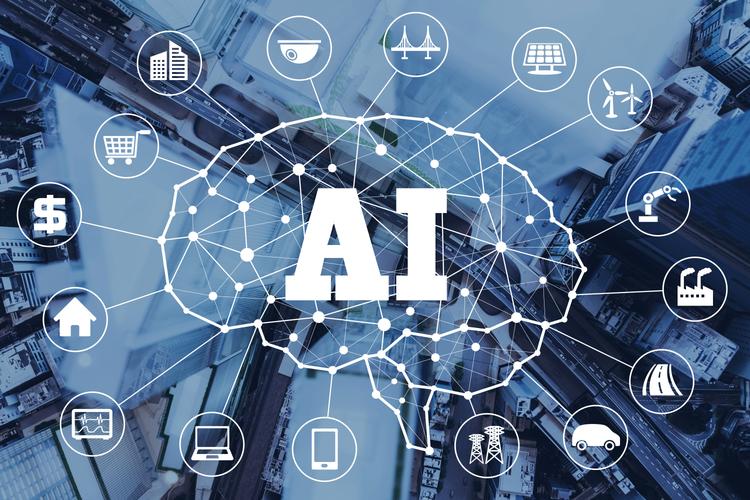By akademiotoelektronik, 20/12/2022
The legal issues of artificial intelligence
Artificial intelligence (AI), like the blockchain, has become part of the daily life of CIOs. In line with its "machine learning" and autonomy capacities, it also upsets existing legal lines, particularly in terms of ethics, civil or contractual liability, security, personal data, or even intellectual property.
By Me Pierre-Randolph DufauLawyer, founder of SELAS PRD lawyers
Ethics, the true cornerstone of trusted AI, is at the center of current normative issues, as evidenced by the proposal for a regulation (COM/2021/206) issued by the European Commission identifying a set of prohibitions , recently welcomed and commented on by the CNIL and its counterparts in their opinion of June 18, 2021.
The objective is to propose a sufficiently concrete regulatory framework for the development of future AI systems and thereby to secure and harmonize ethical use within the European Union.

In concrete terms, the responsibility of companies will be particularly apprehended during the operation of biometric systems which would conceal a so-called " exclusive " setting or whose purpose is to classify individuals according to their sexual or political orientation, their sex or of their ethnicity, which are conducive to discrimination under the Charter of Fundamental Rights of the European Union.
In addition, faced with the explosion of cybercrime, AI is proving to be a Trojan horse of choice. Indeed, the risk of misappropriation by malicious third parties of the AI introduced into the systems is a security flaw that has become real and which must be apprehended by companies.
AI, by nature a large consumer of personal data, will not escape the caudine forks of the GDPR, which naturally has the vocation of applying. It therefore seems crucial to identify the data used from the design of artificial intelligence tools and, if necessary, to monitor its evolution. Indeed, AI being self-learning, raises the question of its subordination and compliance by design with the law in order to preserve the responsibility of the company.
The paradox between the characteristic autonomy of AI and the necessary human intervention in legislative matters is also found in blockchain. The intangibility of the digital register comes up against the application of the GDPR and inevitably calls for an overhaul of its analysis.
When it comes to intellectual property, there are also many questions. The choice of patent protection seems to be essential given the number of filings made in recent months.
Related Articles